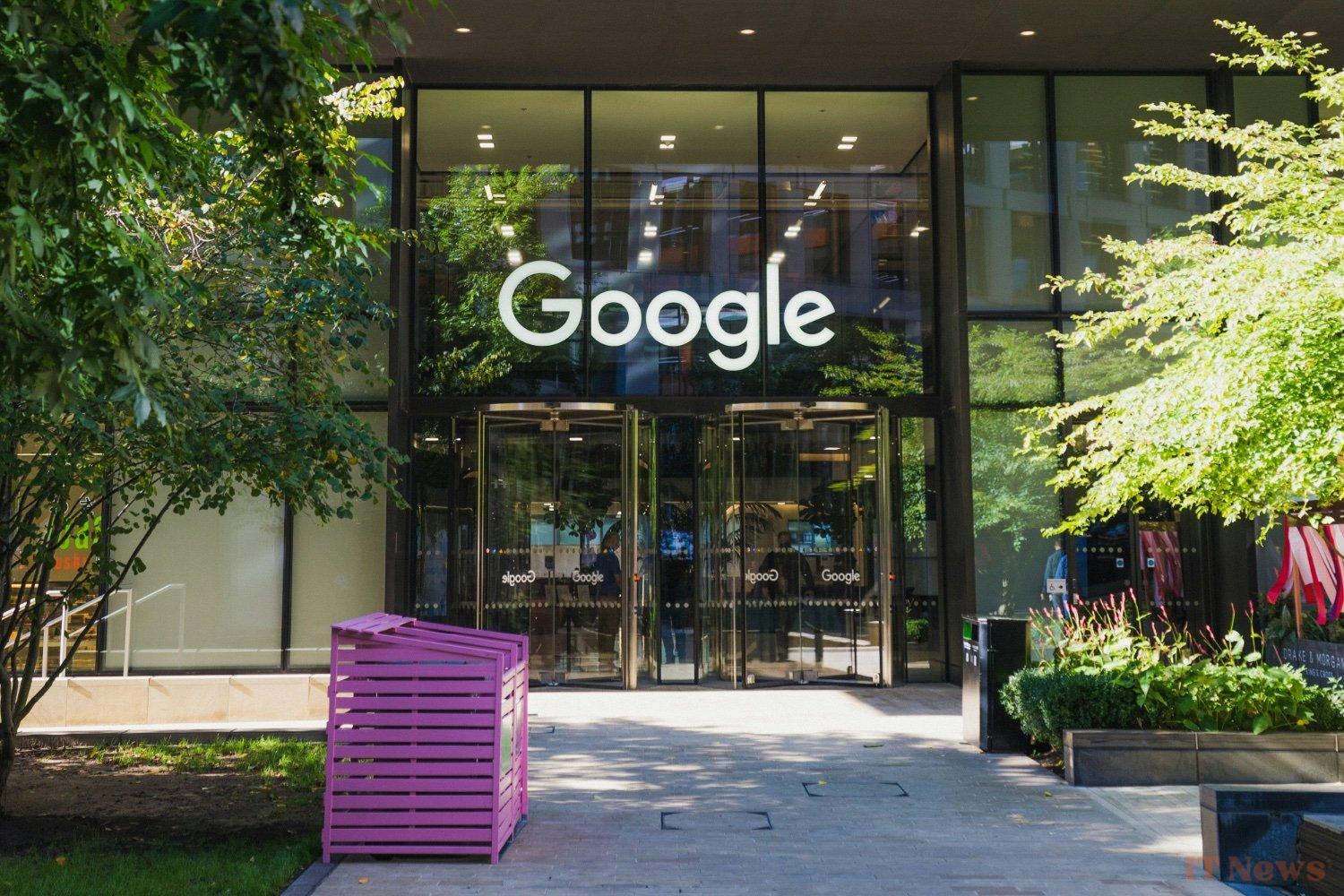This is a paragraph that was deleted and which speaks volumes about Google's change of gear: on Tuesday, February 4, the American giant updated its ethical guidelines (entitled "Our Principles" related to AI), decided in 2018. While the text still listed, a few days earlier, four applications of artificial intelligence (AI) set aside for ethical reasons, the list has now disappeared.
Since 2018, Google has committed to not developing AI for military uses (weapons or surveillance), but also for technologies that "cause or are likely to cause global harm". Uses that violate principles of international law and human rights were also set aside.
These principles were decided after a petition by company employees who, in 2018, took a stand against a military drone project called Project Maven – a project that Google had abandoned.
Instead, a reference to widely accepted principles of international law and human rights
But now, the rejection of military applications is no longer relevant. Instead, the company will use human surveillance and ensure that its technology is used in accordance with “widely accepted principles of international law and human rights,” it said in a blog post published on Tuesday, February 4. The principles also state that the company will test its technology to “mitigate unintended or harmful outcomes.”
In its blog post, Google also explains that the context has changed since 2018. AI technology is now used more, and democratic countries must not give up their technological lead in this area in the face of dictatorships. Companies based in democratic countries must serve the national security objectives of governments, Google argues.
The majority of American AI companies already work for the Pentagon
The announcement, which comes after several tech giants have rallied behind Donald Trump, represents a real about-face on Google's part. Especially since its AI director, Demis Hassabis, explained in 2015 that the technology of DeepMind, the start-up he co-founded and which was later bought by Google, would never be used for military purposes.
However, Google is simply following a general trend, according to which the majority of AI giants are already developing projects for the Pentagon, underlines the Washington Post : this is the case for OpenAI (ChatGPT), Anthropic (Claude), Microsoft and Amazon. Google, whose CEO Sundar Pichai donated $1 million to Donald Trump’s inauguration, is also following the president’s new approach. The new White House tenant removed the few AI safeguards that had been put in place by his predecessor, Joe Biden, in late January.



0 Comments